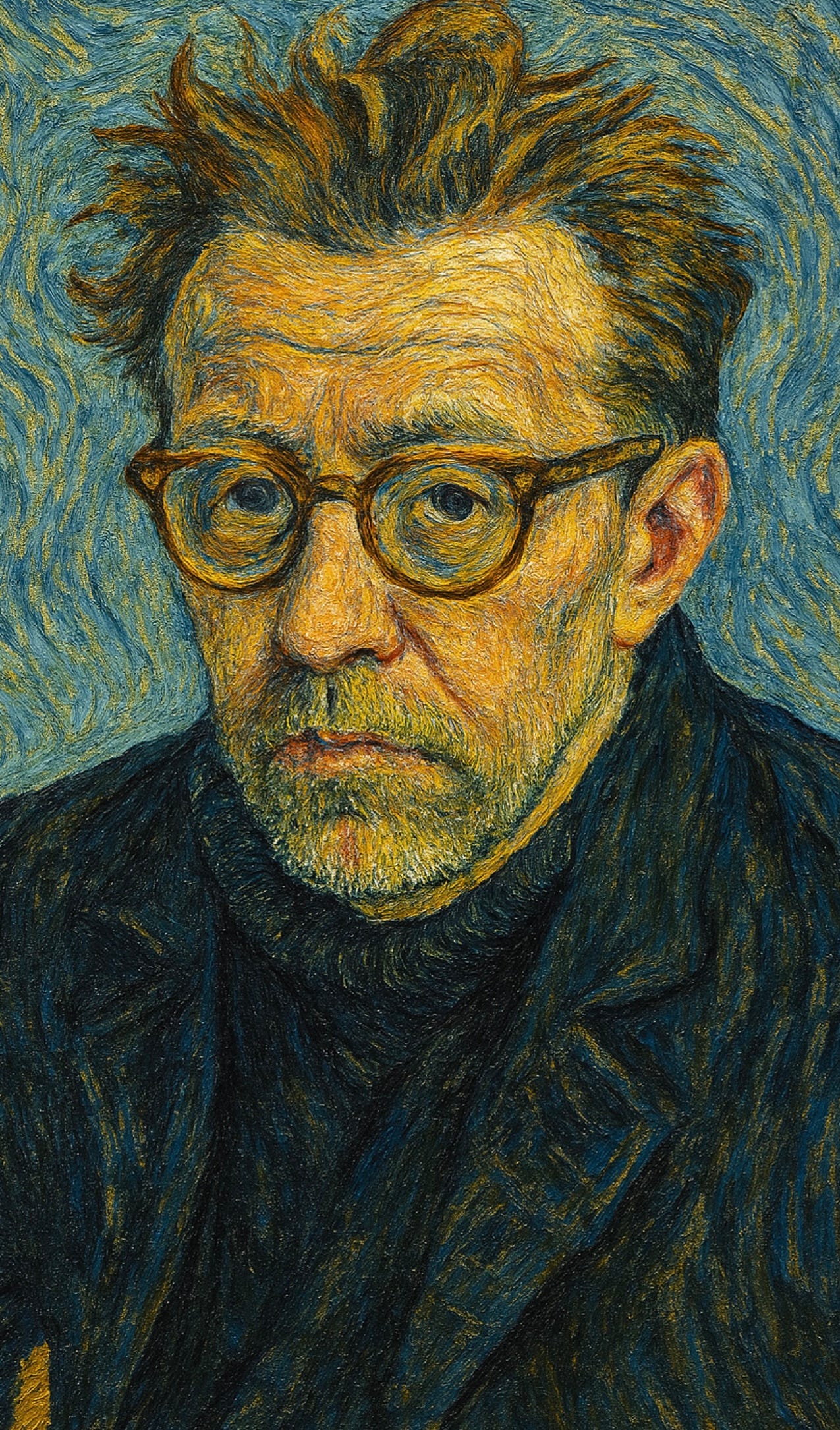I find myself in a bit of an identity crisis at the moment. Let me try to explain…
I oriented my life—my fragile, perfectly imperfect life—toward envisioning and, as much as possible, enacting a path toward an evolutionary upgrade for human society, culture, and consciousness. When I was young—even in childhood, growing up in Manhattan—I realized that something was very wrong, totally broken, in our post-industrial world. At first I didn’t know how to articulate or approach this. I was always, innately, a Leftist, but I didn’t grasp the deeper levers of our ontological mega-meta-crisis until I found indigenous ceremony and visionary plant shamanism in my late twenties.
When I visited indigenous cultures like the Secoya in Ecuador, the Bwiti in Gabon, and the Mazatec in Mexico, when I went through their ceremonies and stayed with them, I realized there are other ways to organize society that are not inherently destructive, acquisitive, and hierarchical. These indigenous cultures were not cynical or materialistic. They oriented around community, initiation, ritual, natural wisdom, and transcendence of the ego-identity through non-ordinary states. Without being romantic or sentimental about it, I found some aspects of these cultures to be far superior, more advanced, than our own.
In my books and the 2010 documentary film, 2012: Time for Change, I explored how we could collaborate to build a new regenerative culture that took the best elements of modern and postmodern civilization and integrated them with what we needed to learn from indigenous cultures, including their reverence for and reciprocal relationship with nature, their animistic and magical practices. I built a media company and a nonprofit organization, trying to instigate a benevolent transformation of our society. Back in 2008 - 10, I was already very worried about the direction we were headed. But I believe—I hoped—that positive transformation was possible.
I’m struggling now because, sadly, I feel I have to relinquish that sense of possibility for this civilization as a whole. I don’t know what faith or idea replaces this hope for me. Friends of mine that I trust talk about hospicing this civilization in its death throes, or following the Bhagavad Gita and courageously embracing our tragic karmic fate. Considering the tsunami of destruction we are facing, I don’t know what role I should fulfill as a public intellectual and thinker with a moderate-sized following and a (very small) degree of influence in this more mature phase of my own development.
When I wrote Breaking Open the Head (2002), my first book, I discovered that we — any human being — can access vast realms of the psycho-cosmos through inner exploration with visionary plants and chemical compounds. I believed this could be the next frontier for humanity — the exploration of the infinite universe of consciousness within us could displace our society’s rigid focus on material progress, technological development, military conquest. It seemed to me we were reaching the end of material rewards, in any case. We had depleted and would soon exhaust the mineral resources of the planet. We could not continue in this direction of exploitation and consumerism. Technological progress, also, had increasingly negative effects.
I also understood that the elites — the natural aristocracy, we might say, which includes those born into wealth as well as those born into talent and beauty — of any society define the ideology and the blueprint for that society. I was, therefore, very excited to discover Burning Man and the transformational festival culture around the world, where the “best and brightest” would take psychedelics together and explore a more tribal or communal way of life. However, over time, I found that this “transformational” culture as well as the new “psychedelic movement” that attracted a great deal of wealth and talent seemed, in significant ways, shallow and immature. Today, “psychedelics” seem effectively assimilated into corporate technocracy and crypto-Libertarian neofascism.
There was a few year period — around 2008 - 2016 — where the attention of this culture started to recognize and confront the planetary emergency. But then it turned back to self-centered and hedonistic ideals and pursuits. From my perspective, the rise of blockchain and cryptocurrencies contributed to this. Crypto draped a phony utopian ideology around what was basically a new way to generate parasitic wealth.
Sociologically in retrospect, I see crypto as a mechanism that allowed a subset of smart, younger people to attain financial freedom at a time when a lot of capital was locked up in capital markets. Those people were on the verge of potentially becoming a new radical or revolutionary class, who could have influenced the direction of our society.
Keep reading with a 7-day free trial
Subscribe to Liminal News With Daniel Pinchbeck to keep reading this post and get 7 days of free access to the full post archives.





